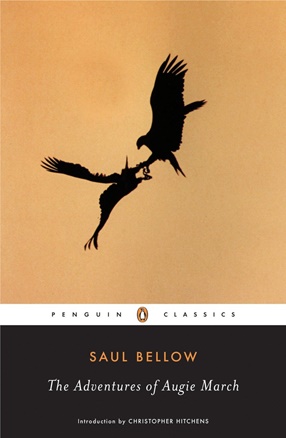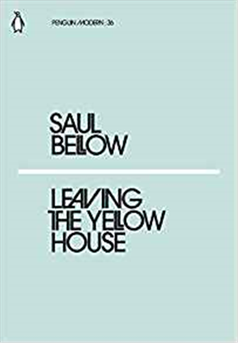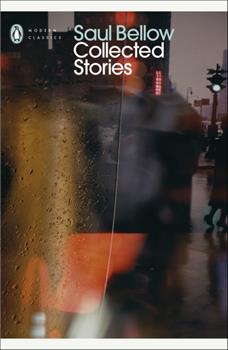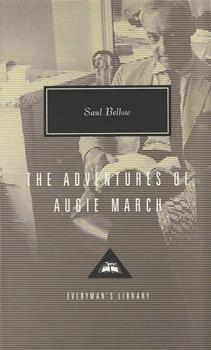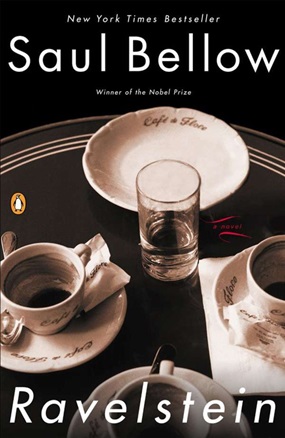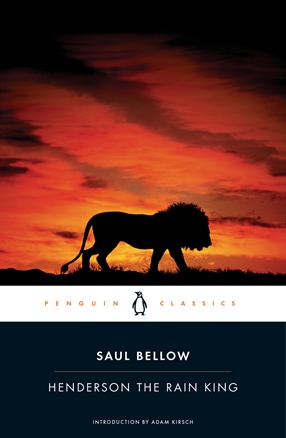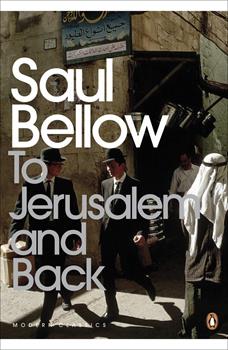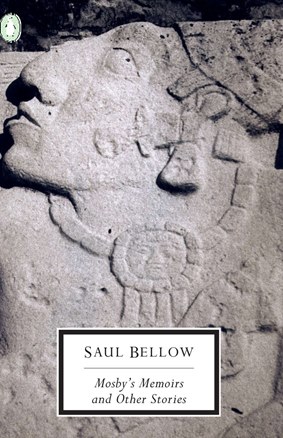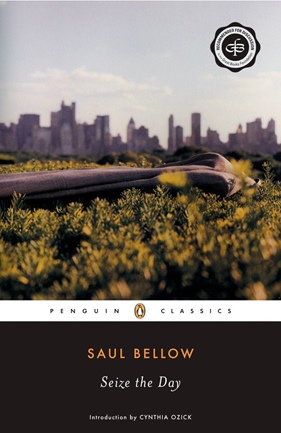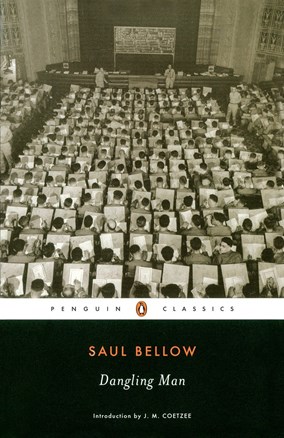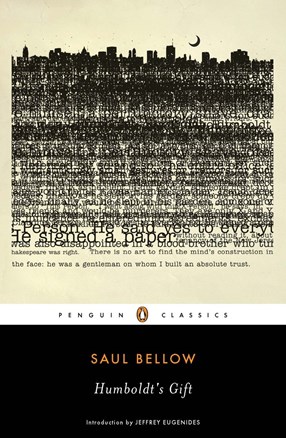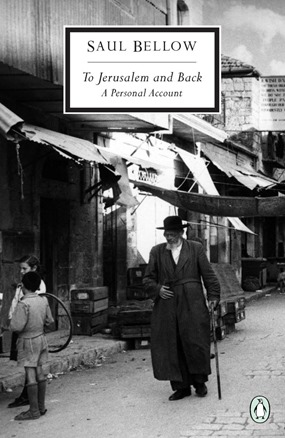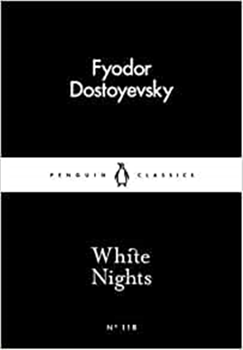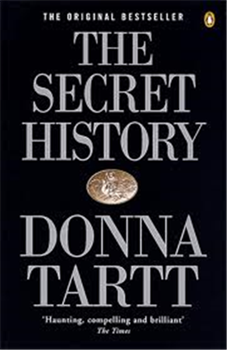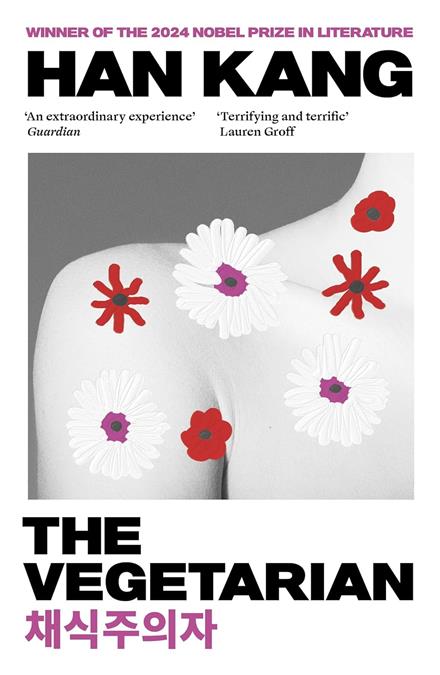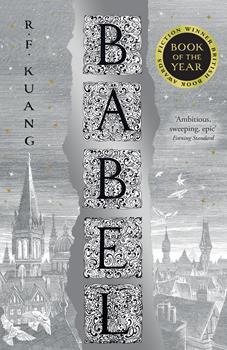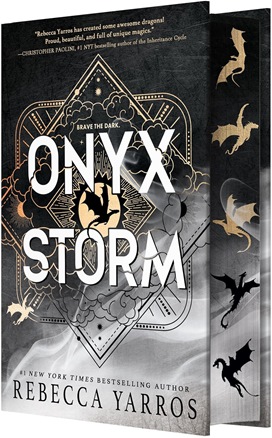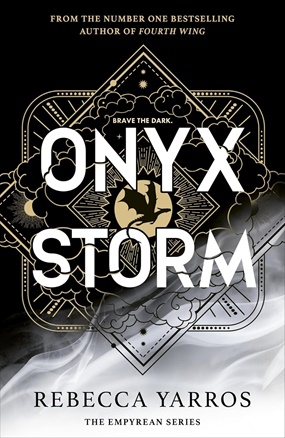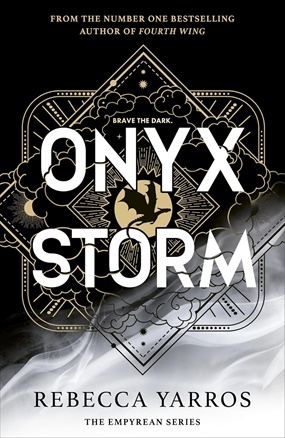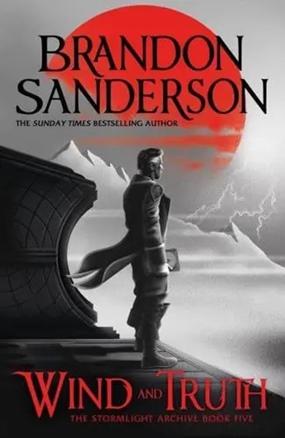Description
Nobel Prize winner Saul Bellow’s greatest novel
Winner of the 1954 National Book Award
One of The Atlantic’s Great American Novels of the Past 100 Years
“The Adventures of Augie March is the Great American Novel. Search no further.” —Martin Amis
A Penguin Classic
As soon as it first appeared in 1953, this novel by the great Saul Bellow was hailed as an American classic. Augie, the exuberant narrator-hero, is a poor Chicago boy growing up during the Great Deptression. A “born recruit,” Augie makes himself available for a series of occupations, then proudly rejects each one as unworthy. His own oddity is reflected in the companions he encounters—plungers, schemers, risk-takers, and “hole-and corner” operators like the would-be tycoon Einhorn or the would-be siren Thea, who travels with an eagle trained to hunt small creatures. This Penguin Classics edition, with an introduction by celebrated writer and critic Christopher Hitchens, makes a literary masterpiece available to a new generation of readers.
For more than seventy years, Penguin has been the leading publisher of classic literature in the English-speaking world. With more than 1,700 titles, Penguin Classics represents a global bookshelf of the best works throughout history and across genres and disciplines. Readers trust the series to provide authoritative texts enhanced by introductions and notes by distinguished scholars and contemporary authors, as well as up-to-date translations by award-winning translators.
About the Author
Saul Bellow was born in Lachine, Quebec, a suburb of Montreal, in 1915, and was raised in Chicago. He attended the University of Chicago, received his Bachelor's degree from Northwestern University in 1937, with honors in sociology and anthropology, did graduate work at the University of Wisconsin, and served in the Merchant Marines during World War II.Mr. Bellow's first novel,Dangling Man, was published in 1944, and his second,The Victim, in 1947. In 1948 he was awarded a Guggenheim Fellowship and spent two years in Paris and traveling in Europe, where he beganThe Adventures of Augie March,, which won the National Book Award for fiction in 1954. Later books includeSeize The Day(1956),Henderson The Rain King(1959),Herzog(1964),Mosby's Memoirs and Other Stories(1968), andMr. Sammler's Planet(1970).Humboldt's Gift(1975), was awarded the Pulitzer Prize. Both Herzog and Mr. Sammler's Planet were awarded the National Book Award for fiction. Mr. Bellow's first non-fiction work,To Jerusalem and Back: A Personal Account, published on October 25,1976, is his personal and literary record of his sojourn in Israel during several months in 1975.In 1965 Mr. Bellow was awarded the International Literary Prize for Herzog, becoming the first American to receive the prize. In January 1968 the Republic of France awarded him the Croix de Chevalier des Arts et Lettres, the highest literary distinction awarded by that nation to non-citizens, and in March 1968 he received the B'nai B'rith Jewish Heritage Award for "excellence in Jewish literature". In November 1976 he was awarded the America's Democratic Legacy Award of the Anti-Defamation League of B'nai B'rith, the first time this award was made to a literary personage.A playwright as well as a novelist, Mr. Bellow was the author ofThe Last Analysisand of three short plays, collectively entitledUnder the Weather, which were produced on Broadway in 1966. He contributed fiction toPartisan Review, Playboy, Harper's Bazaar, The New Yorker, Esquire, and to literary quarterlies. His criticism appeared inThe New York Times Book Review,Horizon, Encounter, The New Republic, The New Leader, and elsewhere. During the 1967 Arab-lsraeli conflict, he served as a war correspondent forNewsday. He taught at Bard College, Princeton University, and the University of Minnesota, and was a member of the Committee on Social Thought at the University of Chicago.
